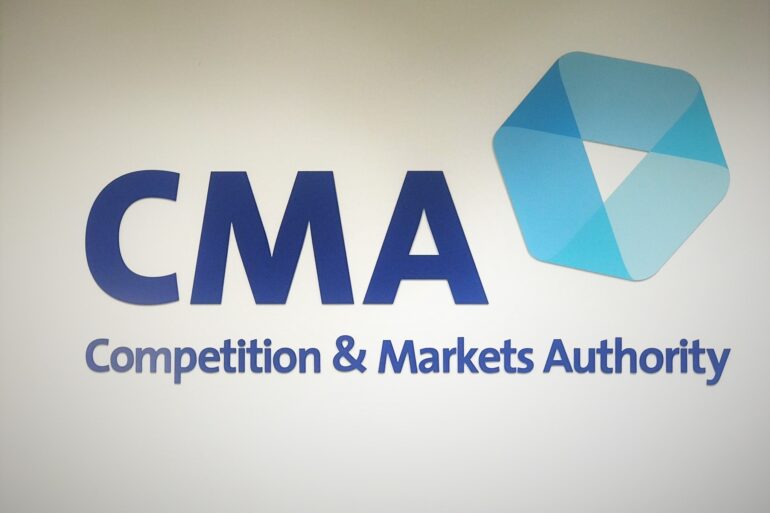TL;DR:
- The Competition and Markets Authority (CMA) is investigating AI foundation models due to their emergence in various industries.
- AI’s use in the gaming industry has raised concerns and generated both excitement and skepticism.
- The CMA aims to examine the evolution of AI markets, assess opportunities and risks for competition and consumer protection, and provide guidance for its development.
- Stakeholders can submit evidence, and the CMA will publish its report in September.
- Opinions on the CMA’s role in the gaming industry are mixed.
- The CMA recently blocked Microsoft’s acquisition of Activision Blizzard, drawing strong reactions.
- Microsoft is still pursuing partnerships to expand Xbox games to a wider audience, including the potential integration of Activision Blizzard games.
Main AI News:
The Competition and Markets Authority (CMA) has initiated an inquiry into the realm of AI foundation models, prompted by the rapid integration of AI across various industries. Within the gaming sector, AI has become a topic of great concern. Recent game releases like High On Life and the forthcoming System Shock remake have incorporated AI during their development, drawing both attention and skepticism from players.
During the Game Developers Conference (GDC) held in March, Chris Tapsell reported a mixture of sentiments among developers regarding AI. The release of the UK government’s white paper on AI in the same month prompted the CMA to assess the potential impact of this technology on markets and consumers, delving into its effects.
The investigation aims to analyze the future trajectory of AI markets and their utilization, explore the associated opportunities and risks pertaining to competition and consumer protection, and provide guidance to foster competition while safeguarding consumer interests during the advancement of AI.
The CMA will compile evidence and data before releasing its comprehensive report in September. As part of this process, the authority is actively soliciting submissions from stakeholders and other relevant parties. For regular updates on the ongoing case, interested individuals can refer to the CMA’s official website.
Opinions within the gaming industry regarding the CMA’s role in overseeing such matters are currently divided. In a recent development, the CMA decided to impede Microsoft’s acquisition of Activision Blizzard, a decision that drew strong remarks from Activision CEO Bobby Kotick. Microsoft President Brad Smith went so far as to describe it as “probably the darkest day” in Microsoft’s four-decade history in Britain.
Despite the CMA’s decision, Microsoft remains undeterred and continues to pursue new partnerships, seeking to expand the reach of Xbox games to a broader audience. This endeavor may also encompass bringing Activision Blizzard games to a larger player base if the acquisition ultimately proceeds.
Conlcusion:
The investigation launched by the Competition and Markets Authority (CMA) into AI foundation models, particularly within the gaming industry, signifies a growing recognition of the significant impact and potential risks associated with AI. This regulatory scrutiny highlights the need for businesses operating in AI-driven markets to navigate evolving competition and consumer protection dynamics effectively. The CMA’s inquiry and subsequent guidance are expected to shape the future trajectory of AI markets, fostering healthy competition while safeguarding consumer interests.
The recent decision to block Microsoft’s acquisition of Activision Blizzard demonstrates the CMA’s commitment to maintaining market balance and preventing monopolistic practices. As the market adapts to these developments, companies must carefully assess partnerships and explore innovative approaches to cater to an expanding audience, leveraging the opportunities offered by AI technologies.

